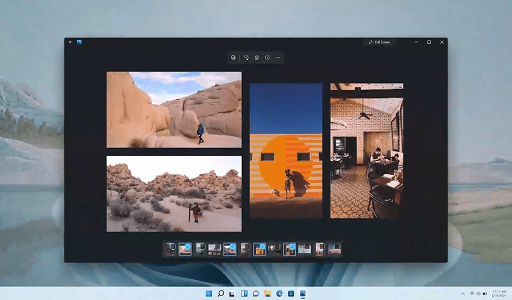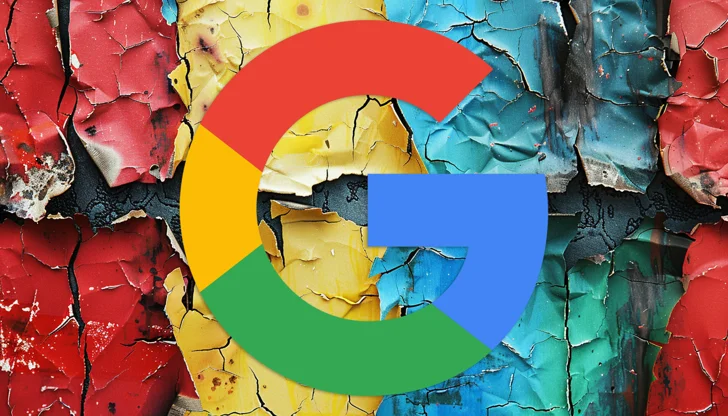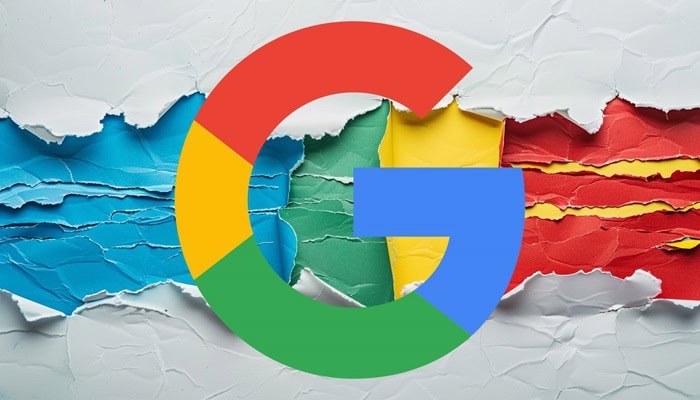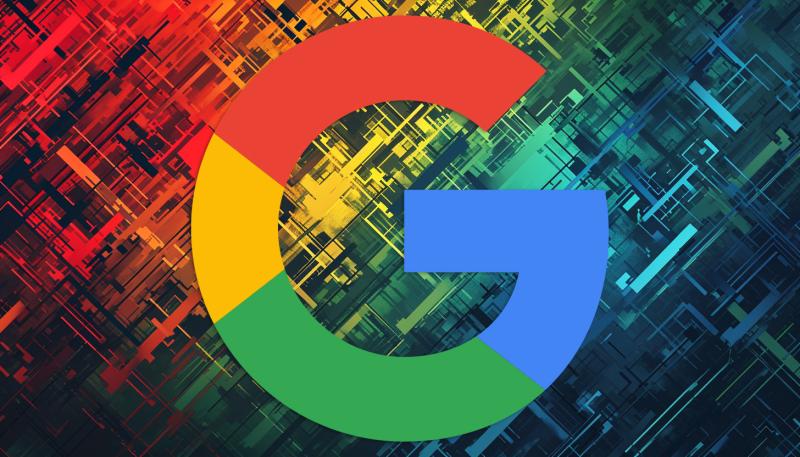In a recent interaction with the SEO community on the SEO subreddit, Google Search Advocate John Mueller addressed a prevalent misconception regarding linking to well-known sites such as Wikipedia.
He explained that contrary to popular belief among SEO experts, such links do not influence search rankings. This clarification aims to dispel a long-standing myth in the SEO industry.

The Inquiry Posed by The User
In the question, the user had asked about a typical SEO query: whether linking from a smaller website to a prominent high-authority site like Wikipedia or CNN could make a difference in the search ranking of the smaller site.
It relates to outbound links and a site’s SEO, including its rankings. The viewer of the video was trying to find out whether or not search engines view the smaller site as more trustworthy, where there are links on the site to major, authoritative websites.
Mueller’s Response to That Question
To answer the question, John Mueller simply said, “Nothing happens. Why should it?” He also added that this myth among SEO professionals has been running for a very long period of time.
Mueller even jokingly said, “Here’s my affiliate site about handbags; and here’s a link to CNN & Wikipedia, please take me seriously now?” as if to emphasize the point: The very fact that linking to high-authority sites grants credibility to the linking site is actually a fallacy.
Linking Should Revolve Around Providing Value to Users
Mueller stressed the significance of considering links as valuable content.
His advice:
“Does this link provide additional, unique value to users? Then, link naturally. Is this link irrelevant to my users? Then don’t link to it.”
Mueller’s remarks imply that the decision to link to another website should be based on its relevance and potential value to the user, rather than attempting to manipulate search engine rankings.
Using the metaphor, he stated, “Name-dropping a dictionary doesn’t fix your spelling mistakes.”
This comparison encapsulates his core message: linking to a popular website does not automatically enhance the quality or credibility of your own website, just as referencing a dictionary does not instantly correct spelling errors.
The Overall Context
The question of this Reddit user shows one of the wrong and deep-rooted perceptions about SEO.
This is where many people go wrong by mistakenly thinking that linking to high-authority websites will directly improve search engine ranking.
Mueller’s comment acts as a reminder that the job of a search engine is to benefit users with good, relevant results.
The most important thing that should be done is to link to websites that are truly valuable for the users, rather than just to chase links or authority.
Conclusion
Mueller’s answer underscores that decisions on linking must be based on relevance and experience to the user.
The determining question is whether the link improves the experience of the user rather than how this may impact or not affect the ratings in search results.
In other words, for a link to make sense, it has to achieve at least one of the following:
- Expanding on a point made in the content.
- Providing evidence or further reading for an assertion.
- Explaining complex terms or concepts.
- Reference to products, services, and resources.
Just like the text on your website, outbound links have a purpose and are relevant to the user.
Use our Internet marketing service to help you rank on the first page of SERP.
![]()













